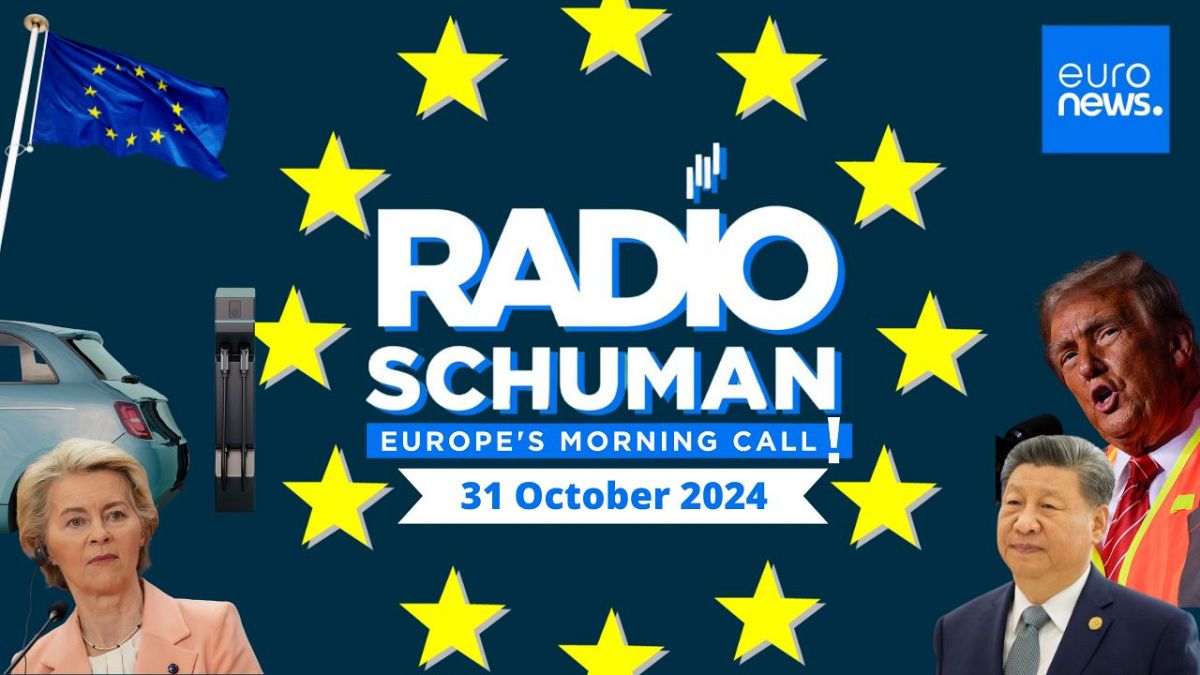The European Union recently implemented tariffs on Chinese electric vehicles that will be in place for the next five years. This move has resulted in China filing a complaint with the World Trade Organization and launching anti-dumping investigations into European exports such as brandy, pork, and dairy products. Some speculate that this ongoing trade dispute could escalate into a full-blown trade war, potentially impacting the energy transition and the adoption of electric vehicles as combustion engines are scheduled to be banned by 2035. The outcome of the upcoming US presidential election could also play a role in influencing the EU’s stance towards China.
Noah Barkin, a Senior Advisor at Rhodium Group, a research firm specializing in Europe-China relations, shared insights on the implications of these tariffs and the broader trade dynamics between the EU and China. The situation is complex and delicate, with potential repercussions for both sides. Additionally, an EU member state minister is set to attend and speak at the Eurasian security conference in Belarus, highlighting the broader geopolitical considerations at play in the region. These developments underscore the interconnected nature of global trade and security dynamics.
As the trade dispute unfolds, there are concerns about the impact on jobs threatened by automation. The rise of technology and artificial intelligence has led to increased automation in various industries, raising questions about the future of employment in a rapidly changing economic landscape. Radio Schuman, hosted and produced by Maïa de la Baume, delves into these issues and explores the implications for workforce dynamics in the context of evolving trade relationships and technological advancements. With the ongoing evolution of global trade and technology, it is crucial to address the challenges and opportunities presented by these changes.
The implementation of tariffs on Chinese electric vehicles by the European Union marks a significant development in the ongoing trade tensions between the EU and China. This move has sparked retaliatory actions from China, including filing a complaint with the World Trade Organization and launching anti-dumping investigations into European exports. The tit-for-tat measures between the two economic powerhouses raise concerns about the potential escalation of trade disputes and the broader implications for global trade dynamics. It remains to be seen how these tensions will impact the energy transition and the adoption of electric vehicles in the coming years.
The role of the United States in the evolving trade landscape between the EU and China is also a key factor to consider. With the upcoming US presidential election, the outcome could shape the EU’s stance towards China and potentially influence the trajectory of the trade dispute. The interconnected nature of global trade and security dynamics underscores the need for strategic diplomacy and cooperation to address complex challenges. As the trade tensions continue to unfold, it is essential to consider the implications for various sectors and industries, including the potential impact on jobs threatened by automation.
Automation poses a significant challenge to the workforce, as technological advancements and artificial intelligence drive increased automation across industries. The evolving nature of work in the face of automation raises questions about the future of employment and the need for reskilling and upskilling to adapt to changing job requirements. Radio Schuman explores these issues and examines the implications for the labor market in the context of ongoing trade disputes and technological transformations. By addressing these challenges proactively, stakeholders can work towards creating a more resilient and adaptable workforce in an era of rapid change and uncertainty.










